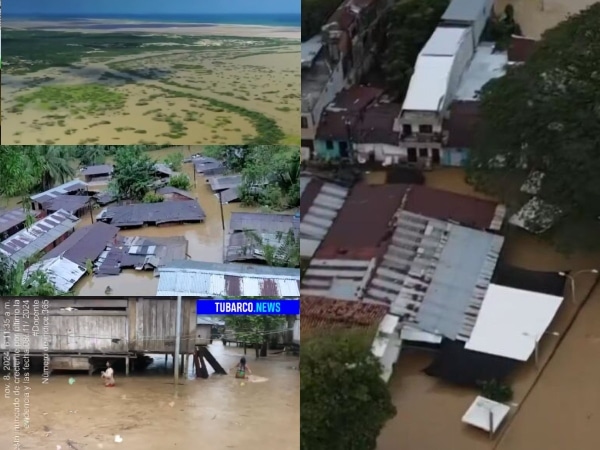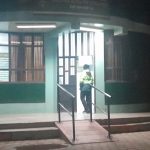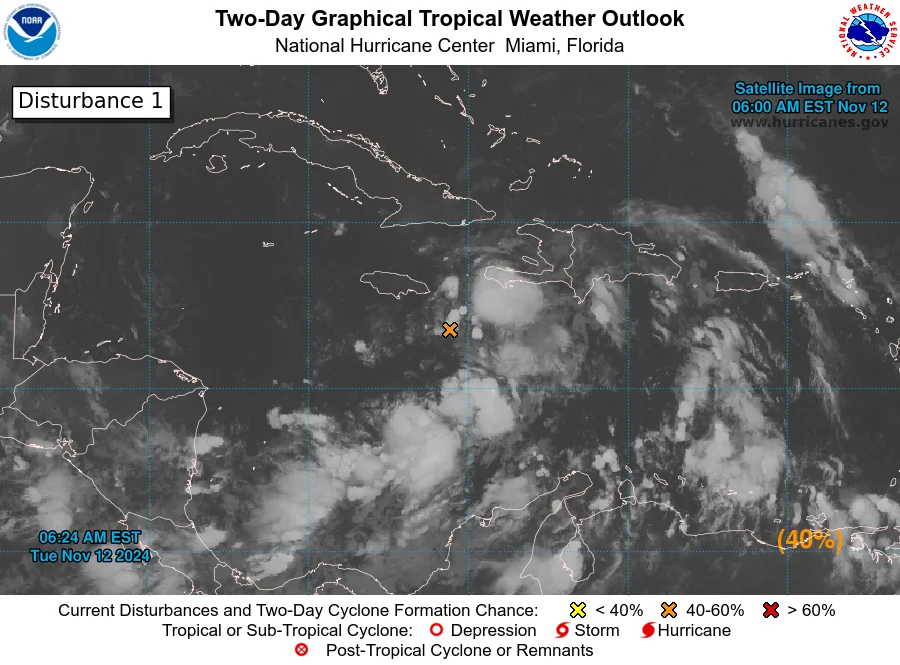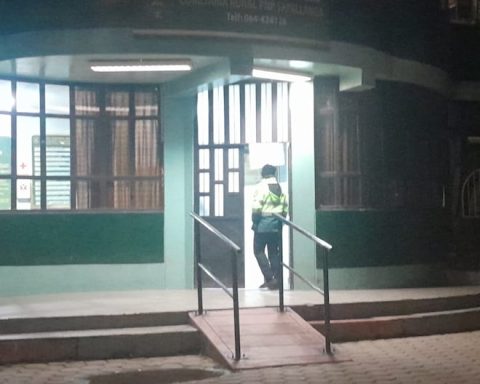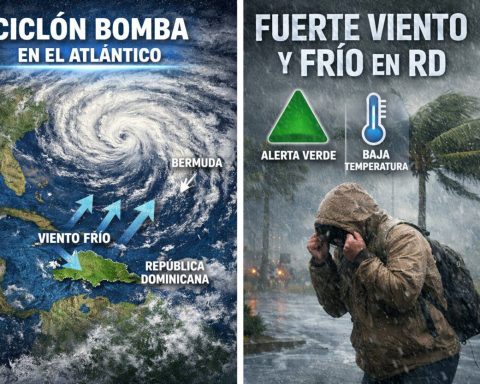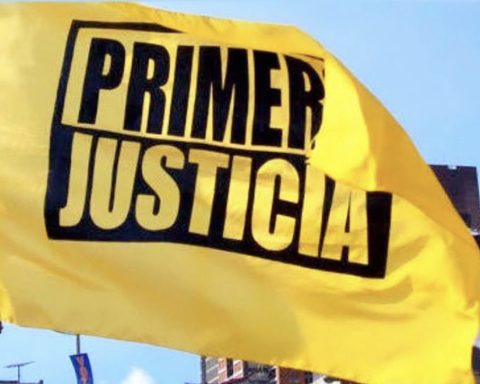The Colombian Foreign Ministry, led by Luis Gilberto Murillo, is managing international support to face the serious winter emergency generated by the intense rains that have affected Chocó, Alta Guajira and Bogotá.
News Colombia
The winter emergency has caused massive flooding in different regions of Colombia, such as Chocó, Bogotá, Alta Guajira and Antioquia, causing damage to infrastructure and an alarming situation of shortages. This led the National Government to declare a state of disaster in several areas.
Also read:
In Chocó, 87% of the territory has been seriously affected, and the magnitude of the emergency led to the declaration of a national disaster, which will allow the mobilization of resources to attend to the most affected areas. President Gustavo Petro pointed out that Colombia has already faced two consecutive years of extreme climate phenomena, and highlighted that the current situation is a product of climate variability, which increases the vulnerability of territories to unpredictable and unusual phenomena.
In this context, the Foreign Ministry, through its Twitter account, expressed its commitment to the Chocoans and reaffirmed that it is working in international alliances to ensure an immediate response to the emergency. The entity also highlighted that concrete actions are being carried out, and it remains in contact with international organizations to strengthen humanitarian assistance.

The emergency in La Guajira
The situation is also critical in La Guajira, where the rains are not only a result of the “La Niña” season, but also the consequences of tropical storm Rafael.
According to reports from the Government, more than 39,000 families have been affected by the floods, and one person lost their life in the municipality of Manaure due to immersion. Additionally, around 192,000 people are suffering the effects of the rains, with 10 homes destroyed and 24,363 more damaged.
The passage of the storm has also affected 320 hectares of crops and blocked 32 kilometers of roads. Alta Guajira, in particular, faces an even more serious outlook due to severe flooding and food shortages, as poor road conditions have prevented basic supplies.

The Government of La Guajira has declared a public calamity to address this emergency, and local authorities expect more rain due to the presence of a tropical wave and the passage of Hurricane Rafael in the coming weeks.
In the midst of the difficult situation that the department of La Guajira is going through due to the intense rains, a young mother from the Wayúu community gave birth to her baby in the middle of the trail, in the rural area of Alta Guajira. The woman, who was trying to reach a health center, was unable to do so due to the poor conditions of the roads, which were aggravated by the streams she had to cross.
Fortunately, both the mother and the newborn are in good health. However, this event highlights the serious difficulties that indigenous communities in the region face in accessing health services in the midst of emergencies.
A Wayúu gave birth to a baby in the middle of the upper Guajira trail. Today’s mother was not able to reach a health center due to the difficulties presented by the roads and streams that she had to cross to get to the medical center. The girl and her mother are in good health. pic.twitter.com/3KOYdgF6Cv
— Blu Caribe (@BLUCaribe) November 12, 2024
Risks of landslides in Antioquia and Bogotá under water rationing
On the other hand, in Antioquia, more than 80 municipalities are on alert for possible landslides due to heavy rains in recent days. The Antioquia Administrative Department of Risk Management (Dagran) has issued an alert for 87 municipalities, while 13 basins are under monitoring due to the increase in flow.
According to the National Unit for Disaster Risk Management (UNGRD), the rainfall throughout the country has affected more than 46,000 families and 186 municipalities. The most affected departments, in addition to Chocó and La Guajira, are Huila, Norte de Santander and Cauca.

In Bogotá, the panorama is equally alarming. The capital faces a serious problem of drinking water shortages and rationing, a situation that is expected to worsen in the first months of 2025 due to the predicted drought.
Action plans and international support
Faced with this crisis, President Petro has indicated that work is being done on action plans to mitigate the effects of the rains and facilitate recovery. In addition, the UNGRD, in collaboration with local authorities, must develop a specific action plan to confront the emergency and restore normality in the affected areas.
The call for international cooperation is urgent, and the Colombian government continues to manage resources and support to carry out a rapid and effective response to the disasters that continue to hit the country.
The Chocoanos and Chocoanas are not alone. From @CancilleriaCol We are managing international cooperation alliances to ensure an immediate and effective response to this emergency. We already have several concrete actions and we will continue to report on progress…
— Luis Gilberto Murillo (@LuisGMurillo) November 10, 2024
From the municipality of Alto Baudó with the presence of the Mpal Risk Management Committee headed by its mayor, we received for the PMU the update of data on the impact, most pressing needs and we began attention in the response phase with the first kits… pic.twitter.com/zLK8QlwKMO
— Nubia Carolina Córdoba-Curi (@NubiaCarolinaCC) November 11, 2024
